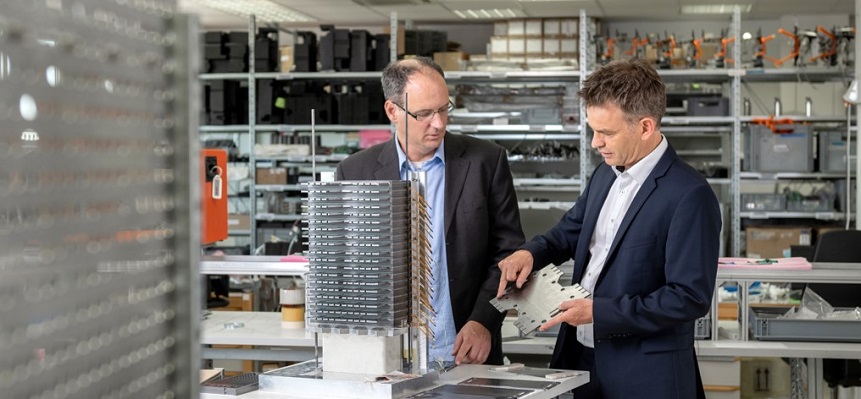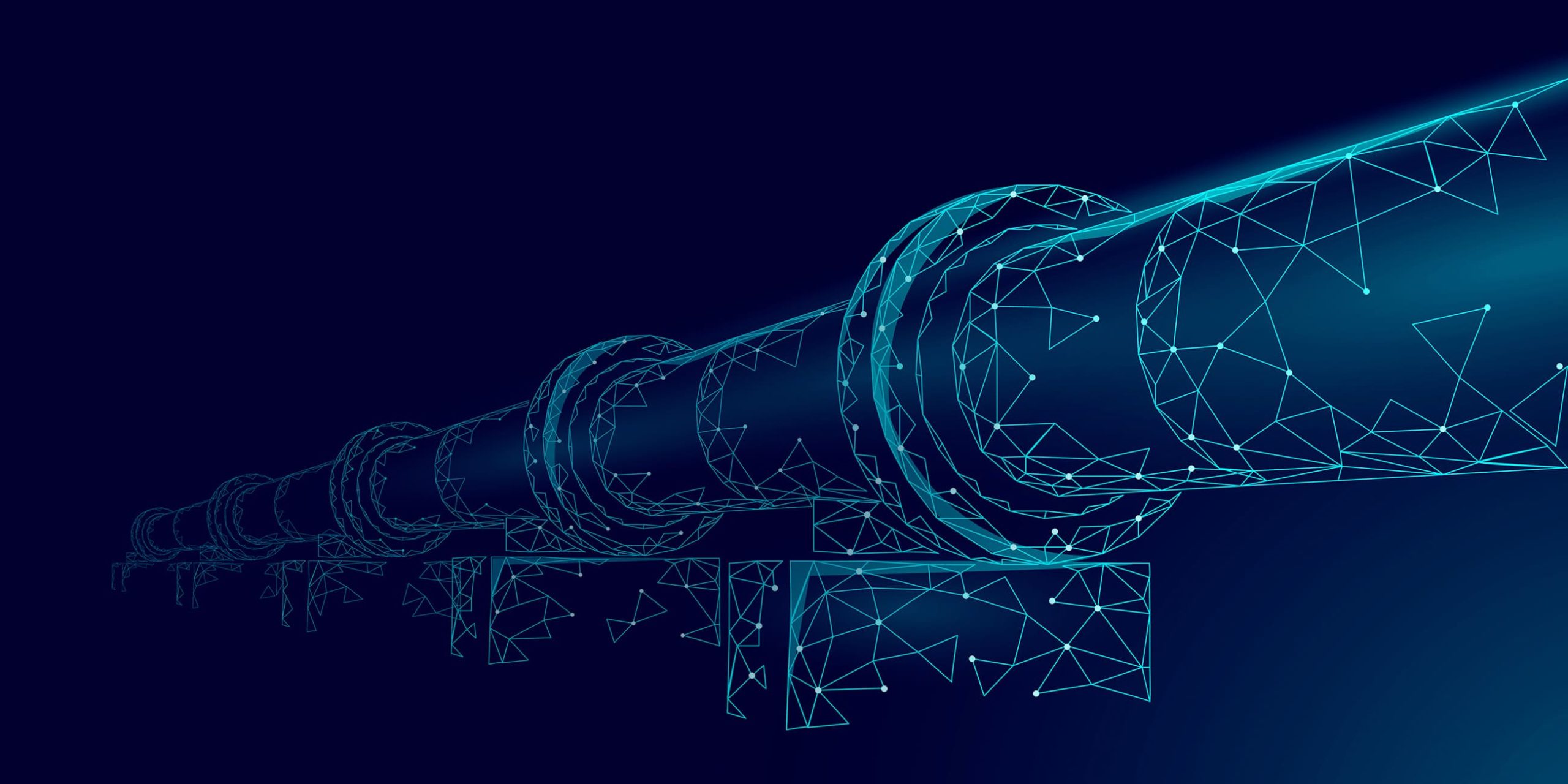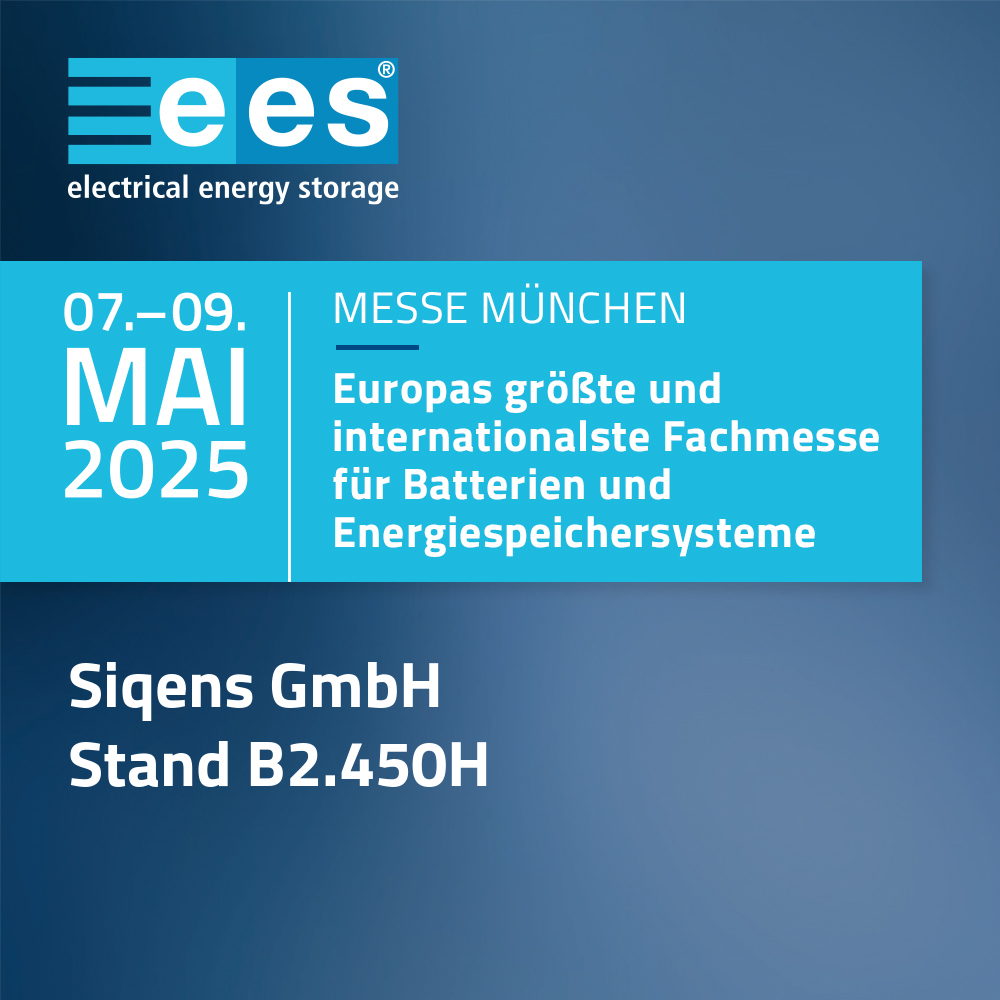- Sales increased
- Demand for fuel cells and systems for hydrogen separation and purification has visibly increased
- Capital measure planned
Siqens GmbH, fuel cell specialist and pioneer in electrochemical hydrogen separation and processing, is on a continuous growth path. In the past 2023 financial year, the Munich-based company was able to increase its sales by over 30 percent compared to the previous year. And that, according to CEO Dr. Thomas Klaue, in a difficult environment, characterized by long parts delivery times due to corona, which in turn had delayed deliveries. “This situation is currently visibly easing in many areas; “The delivery times are getting shorter,” says Thomas Klaue happily.
In the fuel cell segment, Siqens is seeing growing demand for its Ecoport family of fuel cells, which are primarily used to replace diesel generators and as emergency power generators. “Currently,” says Thomas Klaue, “there are currently potential orders in the double-digit million euro range in the form of a memorandum of understanding (MoU). A larger order intake is expected in the near future.
Two commercial projects have now been started in the EHS area – including: for the first time, the production of hydrogen from the municipal gas network in Haßfurt, Bavaria. In addition, two important development projects were launched. In Australia, EHS technology is used to purify helium and at Landshut University of Applied Sciences to produce hydrogen from biogases. “This area of application could become an interesting source of income for farmers,” says Klaue.
In order to solidly finance further growth, Siqens is currently planning a capital increase. Given the good starting point at the beginning of the recently started financial year, Thomas Klaue sees Siqens GmbH in a promising market position for 2024.
About Siqens:
SIQENS, founded in Munich in 2012, develops and produces methanol fuel cells. The devices are used to provide emergency power to critical infrastructure and in places without a permanent connection to the power grid. The SIQENS Ecoport fuel cell system is operated with liquid, easily available methanol. Hydrogen is produced from the methanol in the Ecoport. This reacts with oxygen in the SIQENS stack and generates electrical energy. Combined with a battery that the Ecoport automatically recharges when necessary, an EcoCabinet is created as a reliable power source. In contrast to diesel generators, fuel cells are economical, require little maintenance and emit neither particulate matter nor nitrogen oxides as well as significantly reduced CO2 emissions. Methanol from renewable sources even enables completely climate-neutral operation.







